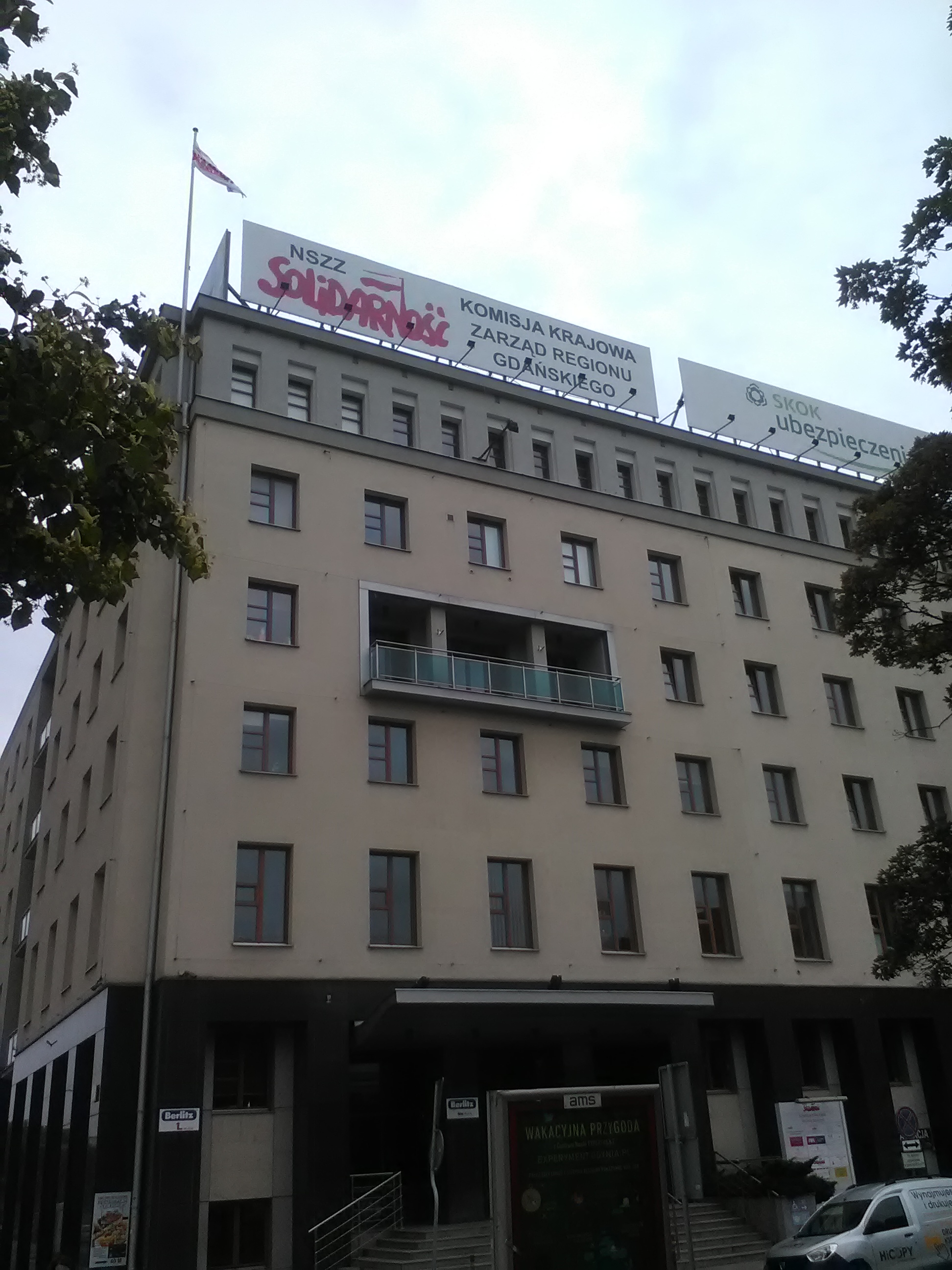The collection at the Archives of the National Commission of "Solidarity" Trade Union contains materials that document various methods of functioning of the democratic and cultural opposition against socialism in the 1980s. The Archives contain predominantly materials from the
1976-1990 period, such as:
- Records concerning national, foreign, regional, and specific company-level structure of the "Solidarity" Trade Union, including the National Coordinating Commission (Krajowa Komisja Porozumiewawcza), National Commission, National Executive Commission, and Regional Commission of Solidarity Trade Union;
- Records of social committees organised and functioning within the framework of Solidarity Trade Union structure;
- The heritage of Solidarity chaplains, father Henryk Jankowski, and father Hilary Jastak;
- Letters of private persons and institutions to Mr Lech Wałęsa dated between 1983 and 1989;
- Materials regarding strikes and political events in Polish People's Republic, Journals and independent publications by Solidarity Trade Union and Committee for Social Self-Defence KOR, Young Poland Movement, Free Trade Unions of the Coast (Wolne Związki Zawodowe Wybrzeża).
Apart from documents, the Archives hold audio and video recordings, photographs, and other artefacts. The Archives also possess materials from a later period, i.e. post 1990, documenting the activities of "Solidarity". The Archives continuously add and digitise new private and institutional collections from various parts of Poland (currently ca. 10% of the Archives’ collection has been digitised). The Archives participate in an exchange of doubling items (in most of the cases, continuous resources and samizdat publications) with other institutions, such as the National Library, and organise initiatives for collecting memorabilia from private persons.
Regarding the topics tackled by the collection, first and foremost, the collection illustrates the birth, the development, and the consolidation of organisational and political structures of the "Solidarity" trade union. The
documents of "Solidarity"'s company commissions from across Poland offer insight into how the movement initiated in 1980 was systematically managed; they also show different strategies assumed by political activists, and their impact on the future of the union.
The collection also includes
personal documents of father Jastak and father Jankowski, who combined civic commitment with their service as representatives of Catholic Church in parishes of Pomorskie region.The
diaries from the December of 1970 and other memoirs of common participants and observers of these events are equally interesting. As in case of the
letters sent to Lech Wałęsa, they are a source of information about the perception of "Solidarity"'s actions and the atmosphere of the 1970s and the 1980s; a period in which Poles hoped for change. It is not only a testimony of resistance and dissent, but also of how the citizens were developing trust in a political action that reached its peak in the August of 1980.
A rich collection of ephemeral prints, such as
samizdat and leaflets, shows which books and materials constituted sources of inspiration for major authors of political literature. These materials are also a source of information on satirical culture of that period, the Archives contain hand- and typewritten lyrics, jokes, and happenings ridiculing the official authorities and their slogans.
A substantial, albeit not entirely catalogued, part of the collection comprises
commemorative plaques, stamps, flags, pennants, and artefacts produced by industrial plants and given to "Solidarity" activists (e.g. commemorative tiles produced by Opoczno ceramics plant, mugs, and banners). They illustrate the aesthetics, as well as religious and historical symbols, significant at that time, that were often referred to by activists and supporters of "Solidarity".

